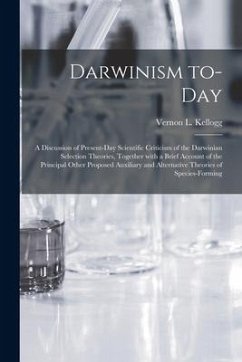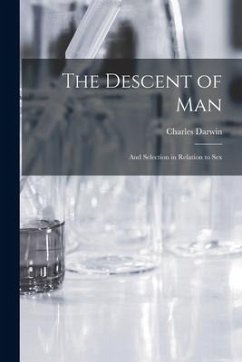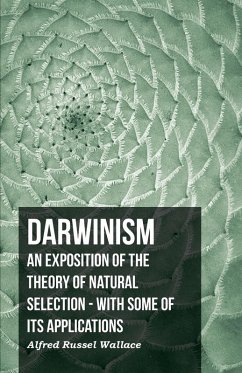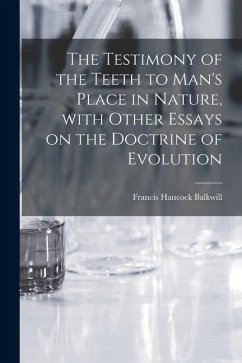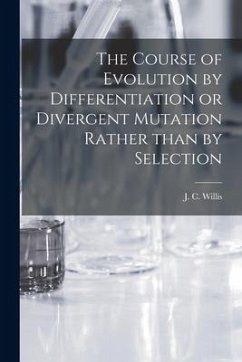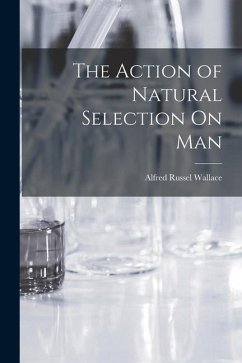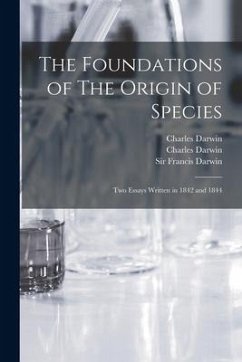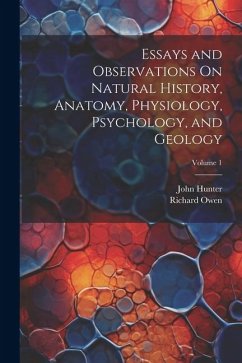
Contributions to the Theory of Natural Selection A Series of Essays
Versandkostenfrei!
Versandfertig in 1-2 Wochen
16,99 €
inkl. MwSt.

PAYBACK Punkte
8 °P sammeln!
Alfred Russel Wallace's key work "Contributions to the Theory of Natural Selection" is a foundational work. Wallace, a prominent naturalist and Charles Darwin's colleague, made vital contributions to the development of natural selection theory, and this collection of writings is a testimony to his trailblazing views. Wallace provides his views into the mechanisms of evolution and natural selection in a series of articles and papers in the book. He explores several elements of evolutionary biology in these essays, such as the concept of adaptive coloration in animals, species distribution, and ...
Alfred Russel Wallace's key work "Contributions to the Theory of Natural Selection" is a foundational work. Wallace, a prominent naturalist and Charles Darwin's colleague, made vital contributions to the development of natural selection theory, and this collection of writings is a testimony to his trailblazing views. Wallace provides his views into the mechanisms of evolution and natural selection in a series of articles and papers in the book. He explores several elements of evolutionary biology in these essays, such as the concept of adaptive coloration in animals, species distribution, and the function of sexual selection in evolution. The notion of "Wallace's Line," which delineates the boundary between distinct zoogeographical zones in Southeast Asia, is one of Wallace's most important achievements. This concept has aided our knowledge of how species are dispersed over the world. Wallace's work also includes his opinions on human evolution and the probable impact of natural selection on human mental and moral qualities. In this sense, his theories provoked significant discussions and controversies within the scientific world. "Contributions to the Theory of Natural Selection" showcases Alfred Russel Wallace's extraordinary intelligence as well as his pivotal role in developing the discipline of evolutionary biology.





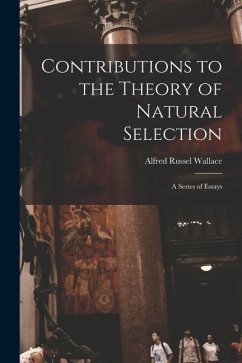
![The Fall of Man, or, The Loves of the Gorillas [microform]: a Popular Scientific Lecture Upon the Darwinian Theory of Development by Sexual Selection Cover The Fall of Man, or, The Loves of the Gorillas [microform]: a Popular Scientific Lecture Upon the Darwinian Theory of Development by Sexual Selection](https://bilder.buecher.de/produkte/65/65558/65558774n.jpg)
